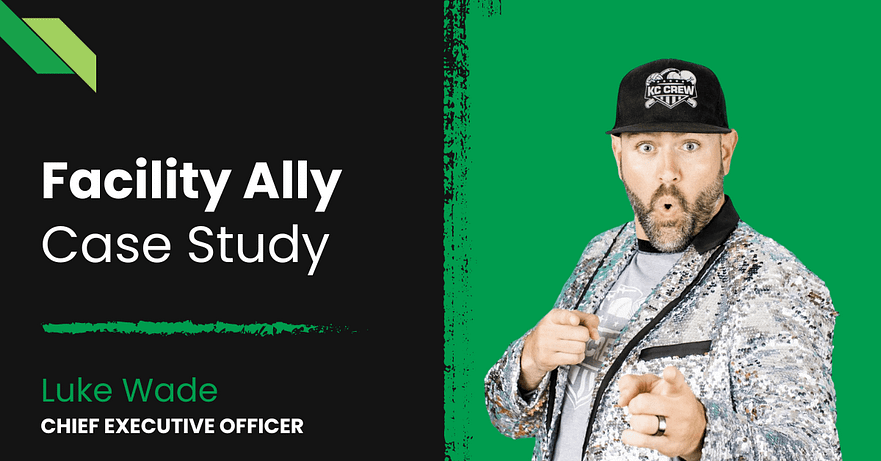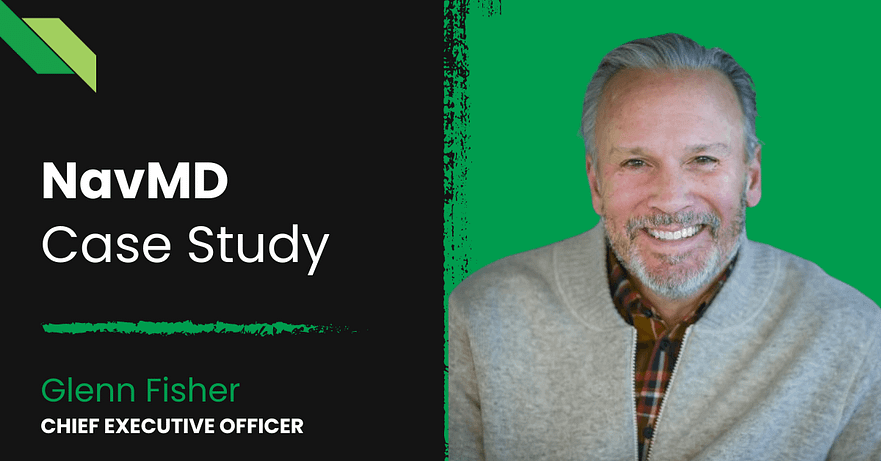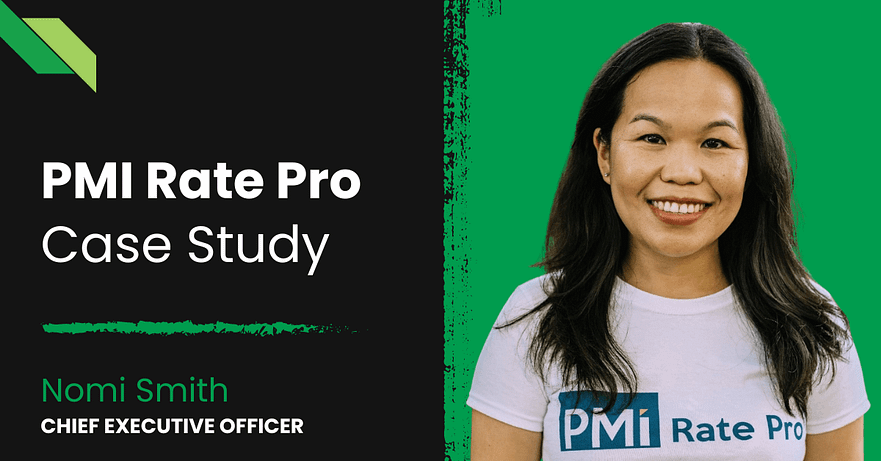The QA Interview Question That Reveals Everything (And Why Most Companies Ask the Wrong Ones)
Most QA interview questions test theoretical knowledge. Smart companies test problem-solving thinking.
I’ve sat through hundreds of QA interviews over the years. And here’s what I’ve learned: The companies asking “What’s the difference between verification and validation?” are missing the point entirely.
After placing 50+ QA engineers who actually ship quality products, I can tell you the secret isn’t in their textbook knowledge. It’s in how they think about breaking things.
The Problem With Traditional QA Interviews
Most companies interview QA engineers as if they’re hiring walking encyclopedias.
“Tell me about the software testing lifecycle.” “What’s the difference between smoke testing and sanity testing?” “Explain boundary value analysis.”
Here’s the brutal truth: I’ve seen QA engineers who could recite every testing methodology but couldn’t find obvious bugs in a simple user flow.
And I’ve hired QA engineers who couldn’t define “regression testing” but caught critical issues that would’ve cost our clients millions.
Guess which ones our clients keep asking for?
The One Question That Actually Matters
After 500+ developer placements (including dozens of QA engineers), we’ve refined our interview process down to what actually predicts success.
Here’s the question that reveals everything:
“Walk me through how you’d test a feature you’ve never seen before, with no documentation, in an app you don’t understand.”
This isn’t about testing knowledge. It’s about problem-solving thinking.
What We’re Really Testing
Bad QA engineers immediately ask for requirements documents, test cases, or detailed specifications. They want someone else to tell them what to test.
Great QA engineers start asking questions:
- Who uses this feature?
- What problem does it solve?
- What would happen if it broke?
- Where are the potential failure points?
They think like users, not like testers.
Why Most QA Interview Questions Miss the Mark
The QA field is obsessed with process and methodology. But here’s what actually matters in real-world development.
1. User Empathy Over Technical Knowledge
The best QA engineers I’ve placed don’t just find bugs—they find bugs that matter to users.
I remember one QA engineer who caught a seemingly minor UI issue that would’ve made our client’s app unusable for left-handed people. That’s not something you learn from a testing textbook.
2. Communication Skills Over Certification
A QA engineer who can’t explain a bug clearly is useless. I’d rather hire someone with average technical skills who can write clear bug reports than a certified expert who confuses everyone.
3. Product Thinking Over Process Following
The QA engineers who succeed long-term understand the business impact of what they’re testing. They prioritize bugs based on user impact, not just severity levels.
Three (3) Red Flags We’ve Learned to Avoid
After placing QA engineers who failed and succeeded, here are the warning signs we watch for:
Red Flag #1: They Focus Only on Manual Testing
If a QA candidate can’t talk intelligently about automation, they’re stuck in 2010. Modern QA requires understanding when to automate and when not to.
Red Flag #2: They Can’t Explain Bugs to Non-Technical People
QA engineers work with developers, product managers, and sometimes directly with clients. If they can’t translate technical issues into business impact, they’ll create more problems than they solve.
Red Flag #3: They’ve Never Worked in Agile Environments
Waterfall QA and Agile QA are completely different animals. QA engineers who only know waterfall struggle with the collaborative, fast-paced nature of modern development.
How We Actually Interview QA Engineers
Here’s our real interview process (not the theoretical stuff).
Round 1: The Exploratory Test
We give them a simple app with intentional bugs and ask them to explore it for 30 minutes. We don’t want a formal test plan—we want to see how they think.
What we’re looking for:
- Do they ask about the target users?
- Do they test edge cases naturally?
- Do they document issues clearly?
- Do they prioritize bugs sensibly?
Round 2: The Communication Challenge
We show them a complex bug and ask them to explain it to three different audiences: a developer, a product manager, and a non-technical client.
Great QA engineers adapt their communication style. Poor ones use the same technical jargon for everyone.
Round 3: The Real-World Scenario
We describe a situation where they have to test a feature under tight deadlines with incomplete requirements. How do they prioritize? What do they test first? How do they manage risk?
Why This Approach Works
Since implementing this interview process, our QA placement success rate jumped from 70% to 95%.
Our clients consistently tell us: “Your QA engineers think like product people, not just testers.”
Here’s what one client said recently: “The QA engineer you placed caught a security vulnerability in our payment flow that our internal team missed. She understood the business impact immediately and explained it in a way that got leadership’s attention. That’s not typical QA thinking.”
The Bigger Picture: QA Is Changing
The QA engineers who thrive in today’s market don’t just find bugs—they prevent them.
They understand user journeys. They think about edge cases during feature planning. They work with developers to build testable code from the start.
Traditional QA thinking: “My job is to find problems after development.”
Modern QA thinking: “My job is to help the team build quality into the product.”
What This Means for Your Hiring
If you’re still asking QA candidates to recite testing methodologies, you’re hiring for the wrong skills.
Instead, focus on:
- Problem-solving ability
- User empathy
- Communication skills
- Product thinking
- Collaboration experience
The QA engineers who can explain complex bugs to your CEO are worth their weight in gold.
Want QA Engineers Who Actually Think?
Most companies waste months trying to find QA engineers who can balance technical skills with product thinking.
We’ve already found them.
Our QA engineers don’t just execute test plans—they help you build better products. They catch critical issues before your users do. And they communicate in ways that actually help your team ship faster.
Let’s discuss how the right QA engineer can transform your development process.



